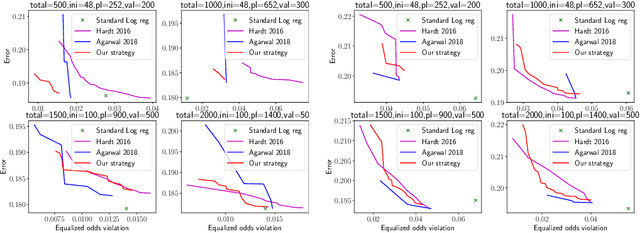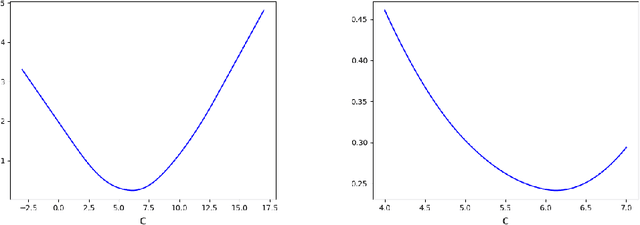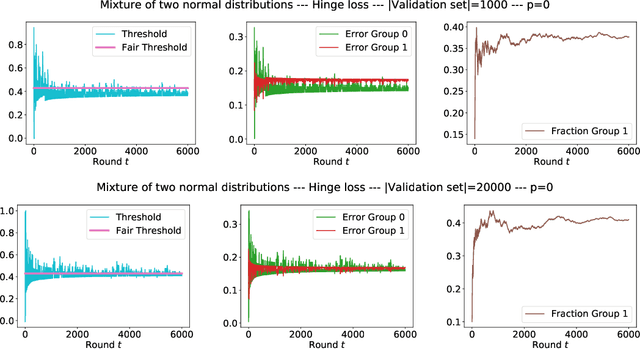Adaptive Sampling to Reduce Disparate Performance
Paper and Code
Jun 11, 2020



Existing methods for reducing disparate performance of a classifier across different demographic groups assume that one has access to a large data set, thereby focusing on the algorithmic aspect of optimizing overall performance subject to additional constraints. However, poor data collection and imbalanced data sets can severely affect the quality of these methods. In this work, we consider a setting where data collection and optimization are performed simultaneously. In such a scenario, a natural strategy to mitigate the performance difference of the classifier is to provide additional training data drawn from the demographic groups that are worse off. In this paper, we propose to consistently follow this strategy throughout the whole training process and to guide the resulting classifier towards equal performance on the different groups by adaptively sampling each data point from the group that is currently disadvantaged. We provide a rigorous theoretical analysis of our approach in a simplified one-dimensional setting and an extensive experimental evaluation on numerous real-world data sets, including a case study on the data collected during the Flint water crisis.
 Add to Chrome
Add to Chrome Add to Firefox
Add to Firefox Add to Edge
Add to Edge